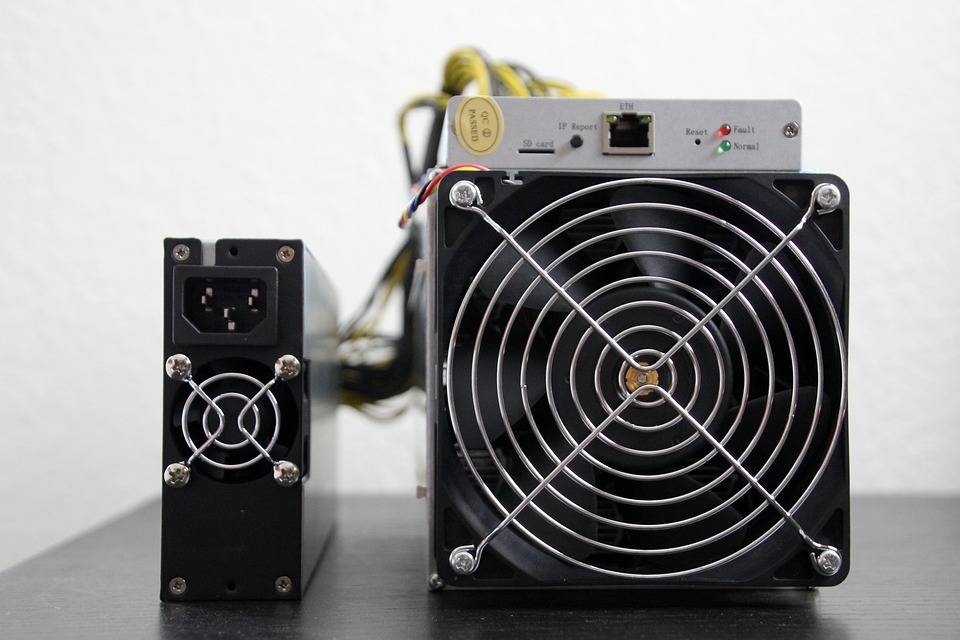As the world continues to embrace digital currencies, understanding how to store and manage these assets has become increasingly crucial. Cryptocurrency wallets are essential tools for anyone interested in investing or transacting in cryptocurrencies. With various options available, it’s vital to know what each type offers, how they work, and which one best suits your needs. In this article, we will explore the different types of crypto wallets, their features, benefits, and what to consider when choosing the right wallet for your digital assets.
What is a Crypto Wallet?
A crypto wallet is a digital tool that allows users to store, send, and receive cryptocurrencies. Unlike traditional wallets that hold physical currency, crypto wallets store your public and private keys, which are essential for accessing and managing your digital assets on the blockchain. It’s important to note that cryptocurrencies themselves are not stored in the wallet; instead, the wallet facilitates access to your assets on the blockchain.
Types of Crypto Wallets
1. Hot Wallets
Hot wallets are online wallets that are connected to the internet. They are typically user-friendly and convenient for everyday transactions.
Benefits:
- Accessibility: Since they are online, users can access their funds from anywhere with an internet connection.
- User-friendly: Most hot wallets come with intuitive interfaces that make it easy for beginners to understand and use.
Drawbacks:
- Security Risks: Being online makes hot wallets more vulnerable to hacking and cyber-attacks.
- Less Control: Users may not hold the private keys, especially if using a custodial wallet provided by a service.
2. Cold Wallets
Cold wallets, in contrast, are offline storage devices that are not connected to the internet. They are often considered the most secure option for storing cryptocurrencies.
Benefits:
- Enhanced Security: With no internet connection, cold wallets are much less prone to hacking and malware.
- Full Control: Users usually have full control over their private keys, providing greater security and ownership of their assets.
Drawbacks:
- Less Convenient: Accessing funds requires physical access to the device, making transactions less convenient than hot wallets.
- Cost: Some cold wallets can be expensive to purchase.
3. Software Wallets
Software wallets are applications that can be installed on your computer or mobile device. They can be either hot or cold depending on their connectivity.
- Desktop Wallets: Installed on a personal computer, giving users full control of their wallets. Examples include Exodus and Electrum.
- Mobile Wallets: Designed for smartphones, offering on-the-go access. Examples include Trust Wallet and Coinomi.
4. Hardware Wallets
Hardware wallets are a type of cold wallet that stores your private keys on a physical device, such as a USB stick. Popular options include Ledger and Trezor.
Benefits:
- Security: Hardware wallets offer robust security features, including encryption and backup options.
- Ease of Use: Most have simple interfaces for managing multiple cryptocurrencies while keeping them offline.
5. Paper Wallets
A paper wallet is a physical document containing your public and private keys, usually in the form of QR codes.
Benefits:
- Offline Storage: Paper wallets are entirely offline, reducing the risk of digital theft.
- Cost-effective: They are free to create and require no special hardware.
Drawbacks:
- Risk of Loss: If the paper is lost or damaged, access to your funds is lost permanently.
- No Backup: Creating backups can be challenging, as having two paper wallets may risk duplicating access.
Factors to Consider When Choosing a Crypto Wallet
When selecting the right crypto wallet for your needs, consider the following factors:
-
Security: Evaluate the security features of the wallet. For significant amounts of cryptocurrency, cold wallets or hardware wallets are generally recommended due to their offline nature.
-
Ease of Use: If you’re new to cryptocurrencies, a user-friendly interface can help simplify your experience. Hot wallets often provide a more accessible approach for beginners.
-
Access and Convenience: Consider how often you’ll be accessing your funds. If you need regular access for trading, a hot wallet may be more appropriate. For long-term storage, a cold wallet is advisable.
-
Supported Assets: Ensure the wallet supports the cryptocurrencies you plan to hold. Some wallets cater to multiple currencies, while others may only support one.
-
Backup Options: Check what options the wallet gives for backups. Reliable wallets should allow you to recover access to your funds if the device is lost or damaged.
- Community Trust and Reputation: Look into the wallet’s background, reputation, and reviews from other users. Trustworthy wallets are typically more secure.
Conclusion
Choosing the right crypto wallet is a crucial step in managing your digital assets effectively. Each type of wallet has its advantages and disadvantages, depending on your needs and preferences. Whether you prioritize security, convenience, or accessibility, understanding the options available will guide you in making an informed decision. As with any financial decision, it’s essential to adopt best practices for security and keep your private keys safe to protect your investments in the ever-evolving landscape of cryptocurrencies.




